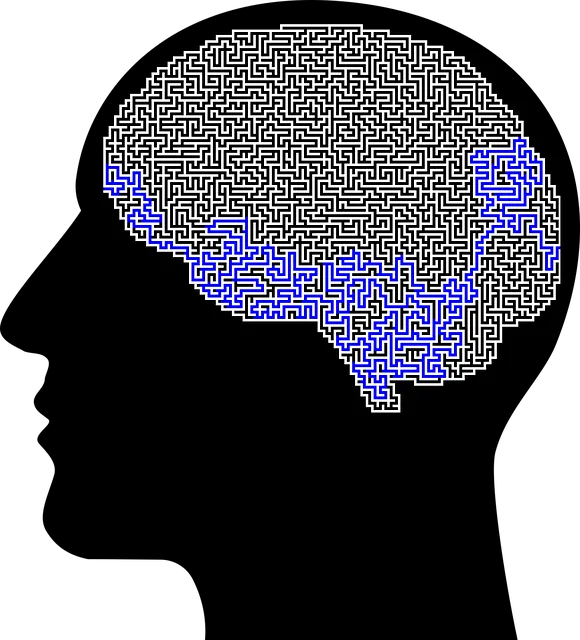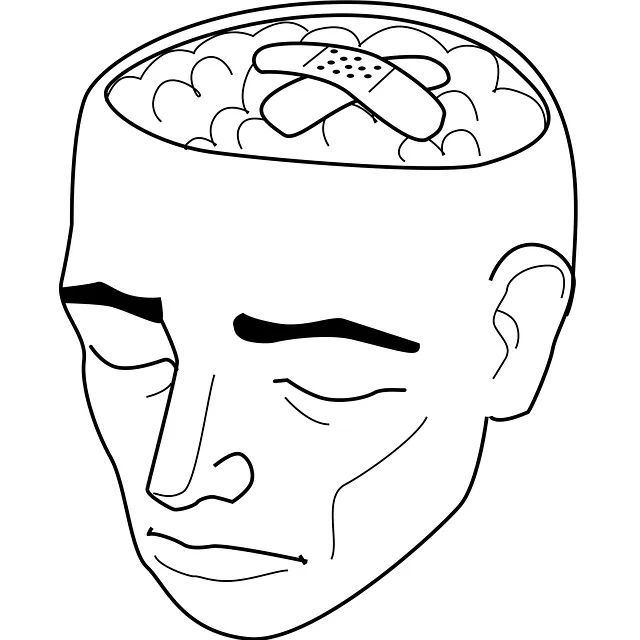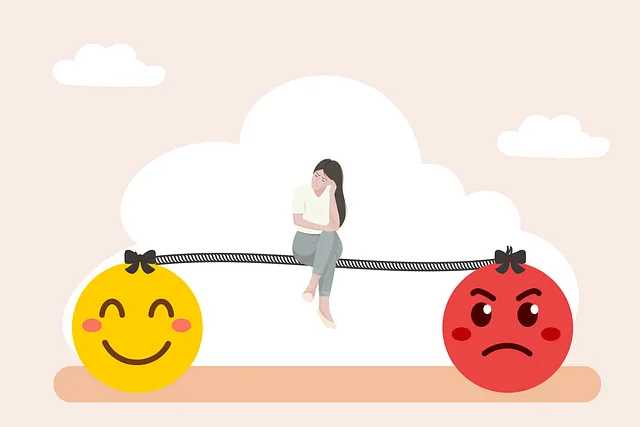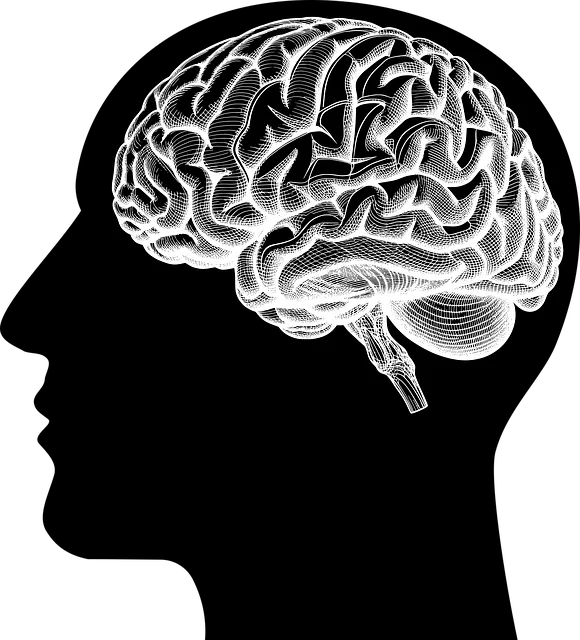Aurora and Kaiser emphasize the importance of coping skills and community outreach for mental health support. By empowering individuals with emotional regulation, resilience, and positive self-esteem through practices like mindfulness and stress management, these organizations foster mental wellness. Cultural sensitivity in healthcare is also crucial, ensuring tailored interventions for diverse communities. Individuals can access Aurora's resources to build coping mechanisms, identify triggers, practice self-care, and prevent burnout, ultimately getting the mental health help they need, similar to Kaiser's support.
In today’s fast-paced world, developing robust coping skills is essential for navigating life’s challenges. This article explores effective strategies inspired by Aurora and Kaiser’s insights into mental health support. We’ll delve into understanding coping skills, uncovering practical steps for development, and offering actionable techniques to enhance resilience. By empowering individuals with these tools, we aim to foster better mental well-being and provide accessible guidance on how to get mental health help when needed, just like Aurora and Kaiser advocate.
- Understanding Coping Skills and Their Significance
- Identifying Effective Strategies for Mental Health Support According to Aurora and Kaiser
- Practical Steps to Develop and Enhance Coping Mechanisms
Understanding Coping Skills and Their Significance

Coping skills are the strategies we use to navigate life’s challenges and maintain mental wellness. They play a pivotal role in our overall well-being, especially when facing stressful situations or emotional turmoil. Understanding how to effectively cope can significantly impact our quality of life, helping us manage anxiety, depression, and other mental health issues. At Aurora, a leading mental health resource provider like Kaiser, we recognize the importance of empowering individuals with robust coping mechanisms.
Developing healthy coping skills involves learning to regulate emotions, build resilience, and cultivate positive self-esteem. By embracing techniques such as mindfulness, stress management, and effective communication, individuals can enhance their emotional regulation abilities. Moreover, engaging in activities that foster self-esteem improvement, like setting achievable goals and practicing self-care, contributes to a robust mental wellness podcast series production within oneself.
Identifying Effective Strategies for Mental Health Support According to Aurora and Kaiser

Identifying effective strategies for mental health support is a critical aspect of well-being, as highlighted by Aurora and Kaiser. Their research emphasizes that understanding what works best in different contexts is essential for providing quality care. One key strategy they advocate for is Community Outreach Program Implementation, which involves bringing mental healthcare services directly to underserved communities. This approach not only increases accessibility but also fosters a sense of trust and cultural sensitivity, crucial elements in mental health awareness initiatives.
Additionally, Aurora and Kaiser stress the importance of incorporating Cultural Sensitivity in Mental Healthcare Practice. Recognizing and respecting diverse cultural beliefs and practices can significantly enhance the effectiveness of interventions. By tailoring support to meet the unique needs of different communities, mental health professionals can ensure that help is not only accessible but also culturally acceptable, making it easier for individuals to seek and receive the assistance they need.
Practical Steps to Develop and Enhance Coping Mechanisms

Developing effective coping mechanisms is a powerful tool for navigating life’s challenges, and Aurora residents now have access to resources that can help. Similar to how Kaiser offers mental health services, community-based programs and personal initiatives play a significant role in enhancing one’s resilience. Start by identifying your triggers and understanding the root causes of stress or anxiety. This self-awareness is crucial for implementing tailored coping strategies.
Consider incorporating various techniques such as mindfulness meditation, regular physical exercise, keeping a journal, or engaging in creative pursuits. Public Awareness Campaigns Development focused on mental health can offer guidance on these practices. Additionally, learning to recognize and accept your emotions without judgment allows for healthier expressions of them. These steps, when consistently practiced, contribute to burnout prevention strategies for healthcare providers by fostering better self-care habits and improving overall mental well-being, thereby increasing resilience against the pressures of daily life.
Developing coping skills is a powerful way to navigate life’s challenges, as emphasized by research from both Aurora and Kaiser. By understanding and implementing effective strategies, individuals can enhance their mental resilience. The practical steps outlined in this article serve as a guide to empower folks to take charge of their well-being, ensuring they have the tools to seek mental health help when needed, just like Aurora and Kaiser suggest. With dedication, these skills can become a valuable tapestry in one’s personal journey towards improved mental health.






